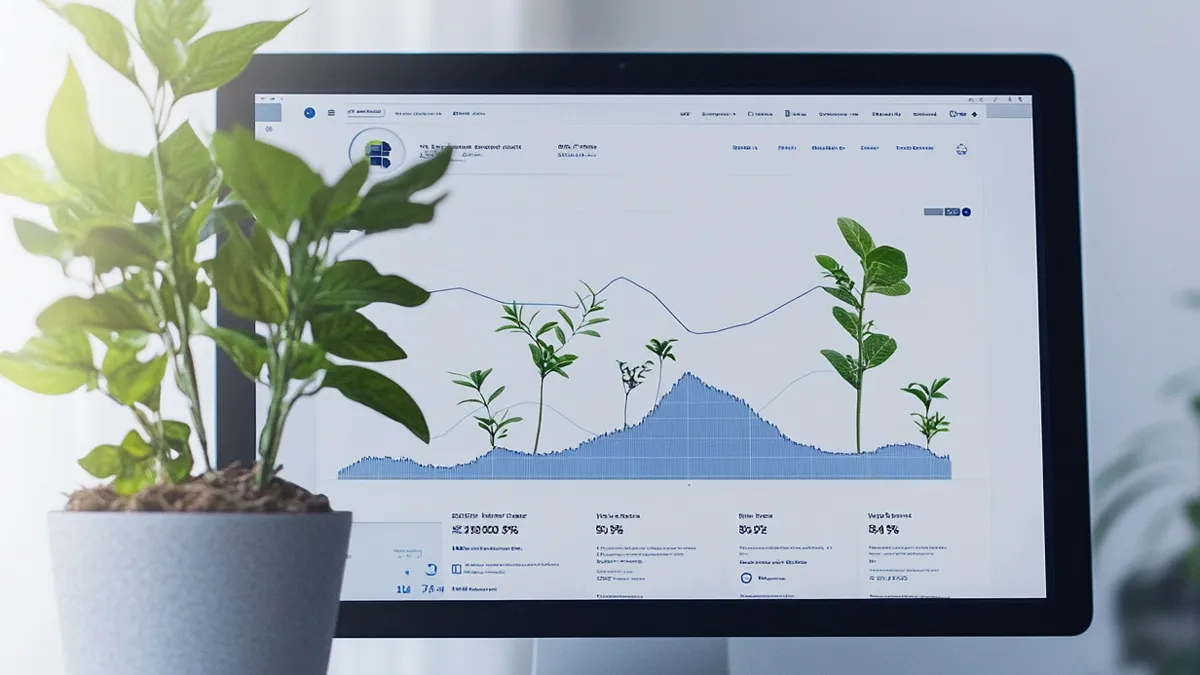
In the fiercely competitive online marketplace of today, small business owners, digital marketers, and entrepreneurs must strategically leverage the power of SEO to enhance organic traffic to their websites. This blog post delves into why SEO continues to be the premier driver of organic traffic, providing expert insights and substantial benefits.
Search Engine Optimization (SEO) refers to the practice of enhancing a website's visibility in search engine results pages (SERPs). By optimizing your site for search engines, you ensure that potential customers can find you easily. SEO is crucial because it offers a cost-effective way to attract high-quality traffic to your website. Unlike paid advertisements, which require ongoing investment, SEO provides long-term results that can significantly enhance your online presence.
SEO is an essential component of any digital marketing strategy. It helps build brand credibility, ensures better user experience, and increases engagement rates. By understanding and implementing effective SEO practices, you can position your business for sustained success in the digital world.
Keywords are the foundation of any successful SEO strategy. Conducting thorough keyword research allows you to identify the terms and phrases your target audience is searching for. Use tools like Google Keyword Planner or SEMrush to discover high-volume, low-competition keywords that can drive traffic to your site.
Once you've identified your target keywords, integrate them naturally into your content. Avoid keyword stuffing, as this can negatively impact your site's ranking. Instead, focus on creating high-quality, relevant content that naturally incorporates your chosen keywords.
Backlinks, or inbound links, are links from other websites that point to your site. They serve as a vote of confidence in your content, signaling to search engines that your site is authoritative and trustworthy. Building a robust backlink profile involves reaching out to reputable websites in your industry and requesting links to your content. Additionally, creating shareable content, such as infographics or blog posts, can encourage other sites to link to you organically.
Technical SEO refers to optimizing your website's infrastructure to ensure it is easily crawlable by search engines. This includes optimizing page load speed, ensuring mobile-friendliness, and implementing structured data. Use tools like Google Search Console to identify and fix technical issues that may be hindering your site's performance.
Optimizing your site's technical aspects improves its visibility in search engine results and enhances user experience. A well-optimized site loads quickly, is easy to navigate, and provides a seamless experience across devices.
Google Analytics is an indispensable tool for any digital marketer. It provides detailed insights into your website's performance, including traffic sources, user behavior, and conversion rates. By analyzing this data, you can identify areas for improvement and adjust your SEO strategy accordingly.
For example, if you notice that a particular keyword drives significant traffic, you can create more content around that topic to capture additional search traffic. Conversely, if certain pages have high bounce rates, you may need to improve their content or usability to keep visitors engaged.
Webflow offers a suite of SEO tools designed to help you optimize your website. These tools allow you to edit meta tags, create custom URLs, and generate sitemaps, ensuring your site is easily discoverable by search engines. Webflow's CMS also makes it easy to create and manage high-quality content that drives organic traffic.
Using Webflow's SEO tools, you can streamline your optimization efforts and ensure your site is fully optimized for search engines. This can result in higher rankings, increased traffic, and improved user experience.
Keyword planner tools, such as Ahrefs or Moz, help you identify relevant keywords and assess their potential impact on your SEO strategy. These tools provide data on search volume, competition, and keyword difficulty, allowing you to make informed decisions about which keywords to target.
By incorporating keyword planners into your SEO strategy, you can ensure that your content is optimized for the most relevant and high-impact keywords. This can lead to increased visibility, higher rankings, and more organic traffic.
One of the most common mistakes in SEO is keyword stuffing, or overloading your content with keywords in an attempt to manipulate search engine rankings. This practice can lead to a poor user experience and result in penalties from search engines. Instead, focus on creating high-quality content that naturally incorporates your target keywords.
With more people accessing the internet via mobile devices, it's essential to ensure your site is mobile-friendly. Neglecting mobile optimization can result in a poor user experience and lower search engine rankings. Use responsive design techniques to ensure your site looks and functions well on all devices.
Failing to address technical SEO issues can hinder your site's performance and visibility in search engine results. Regularly audit your site using tools like Google Search Console to identify and fix technical issues, such as broken links, duplicate content, and slow page load times.
A well-optimized site ranks higher in search engine results, making it more visible to potential customers. This increased visibility can drive more traffic to your site, resulting in higher engagement and conversion rates.
SEO isn't just about pleasing search engines—it's also about creating a positive experience for your users. By optimizing your site's content, structure, and performance, you can ensure that visitors have a seamless and enjoyable experience, leading to higher satisfaction and loyalty.
Unlike paid advertising, which requires ongoing investment, SEO provides long-term results. Once your site is well-optimized, you'll continue to reap the benefits of increased visibility and traffic without ongoing costs. This makes SEO a cost-effective and sustainable strategy for driving organic traffic to your site.
In conclusion, SEO is the best organic traffic driver for your website, offering numerous benefits for small business owners, digital marketers, and entrepreneurs. By understanding and implementing effective SEO practices, you can improve your site's visibility, enhance user experience, and achieve long-term success.
Remember to focus on key elements such as keyword research, backlinks, and technical SEO, and use tools like Google Analytics, Webflow, and keyword planners to optimize your efforts. Avoid common mistakes like keyword stuffing and neglecting mobile optimization, and regularly audit your site to address technical issues.
By investing in SEO, you can dominate the digital landscape and position your business for sustained success. Sign up for our newsletter to receive more tips and insights on optimizing your website and driving organic traffic.

